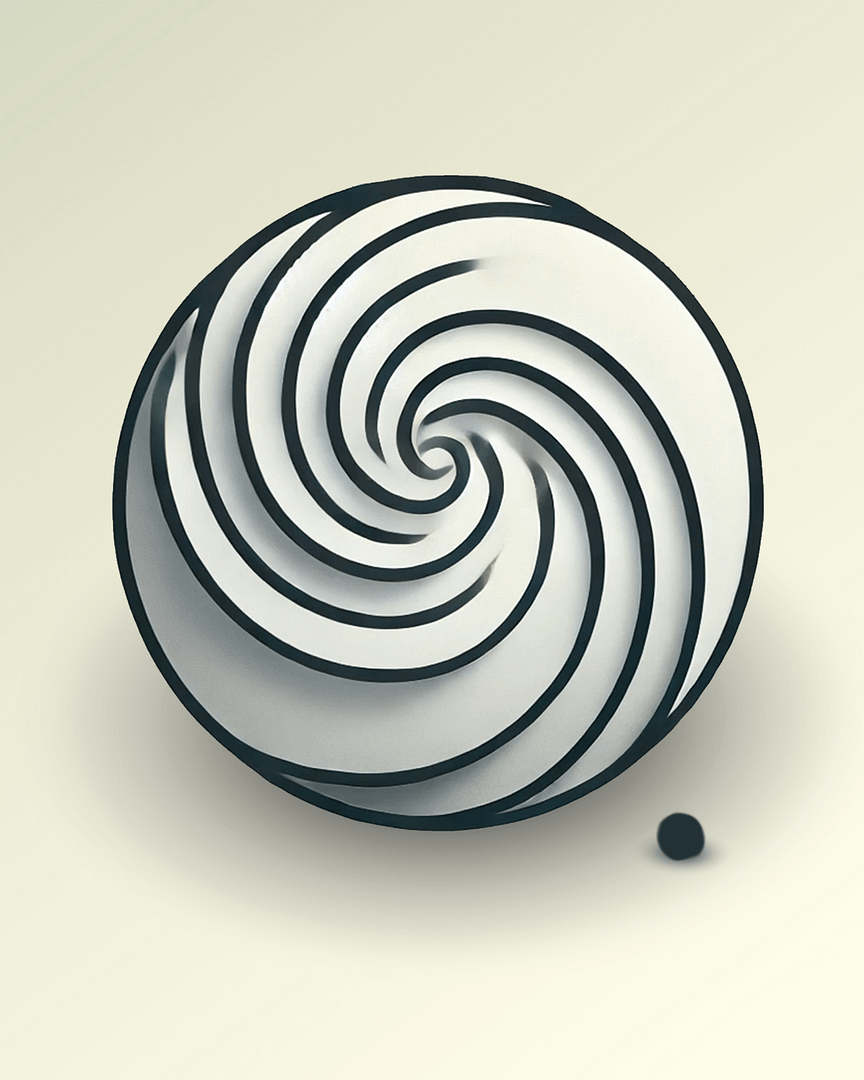Last year, I lost a close friendship.
Over the course of a few weeks, certain things came to light about this person I loved that were out of alignment with the values I thought they held.
Moments that cast a shadow on a personality I had come to trust.
Behavior and lies that showed a much more fear-based mentality than that which I thought they had.
Comments that sought to make me an enemy rather than have a conversation that could lead to healing and reconciliation. And I saw it happening to other people in that person’s life.
The word “narcissist” is widely overused in the world of healing.
Especially when a relationship comes to an end.
I don’t enjoy applying the term to other people, and when that person used terms like this to describe me or my behavior, it caused me to pause and reflect on whether there was truth in what they were saying.
Am I a narcissist? Do I only care about myself?
These are deeply beautiful and healing questions—questions which can quickly uproot any self-centered tendencies—IF, and this is a big “if,” we are open to the possibility that we have self-centered behavior.
“I left him because he was a narcissist”
I met a woman last year who talked incessantly about a former partner who, according to her, was a narcissist. It was all she could talk about.
I noticed how much she talked about how her former partner behaved. After listening more, I noticed that she would rather talk about what was done “to” than look at her role in the relationship.
When we start applying labels to other people, we put up walls. We prevent ourselves from seeing the human being on the other side of the pain. It becomes just utterly impossible to reconcile when that wall is there.
Upon reflection, I noticed that this woman’s description of her partner was, in some ways, a reflection of her own tendencies as much as it was a reflection of her former partner’s behavior. There was no love or understanding or compassion—only judgment. And fear. And anger.
Narcissism is a deeply rooted pattern, and those who don’t demonstrate it will never fully understand it.
It’s one of the deepest wounds and one of the least likely to heal. This is because in order to heal a psychological wound, we have to know the wound exists.
As they say, the first step in fixing a problem is admitting that it exists. Without this self-awareness, a narcissist has no capability of moving out of their self-centered way of thinking.
That sounds like a prison I would never wish on anyone.
The challenge in uprooting narcissism is twofold: if we are narcissistic, we lack the self-awareness to admit it, which means if someone else addresses it with us, we would reject it outright.
Second, if we ever see narcissism in another, it is because they are reflecting back to us our own self-centeredness, which many of us have to some degree or another, and which most of us despise.
I learned through this experience losing my friend that regardless of how another person behaves toward me, or what they believe about me or say to me, the only way forward is to come from a place of love and not judgment.
Whatever I see in that person is a reflection of my own beliefs, strengths, and limitations. If I choose to see narcissism, it’s a reflection of my own. If I see love, it’s a reflection of my own.
Moreover, whatever we choose to see in that other person will be reflected back to us by them. Show them love, they will see the love within themselves, and healing and growth is possible. For both sides.
Go deep, baby.
When we have the ability to take a look in the mirror and ask deep, probing, and triggering questions, we emerge on the other side more whole. More loving. More able to sit with another human being, see them in their fullness and their pain, and show them a path out of the chaos.
When you next encounter someone who seems self-centered, I invite you to remember that they are just another expression of your own pure soul, and if you were in their shoes, you would, deep down, want a person with that awareness to be the one person in your life who can sit with you regardless of the stones you throw at them.
That level of space-holding is rare, and if my friend had chosen to stay in relationship with me, I like to think I would have had the strength to stand by them and love them into a state of trust where they felt it was safe enough to be purely themselves.


